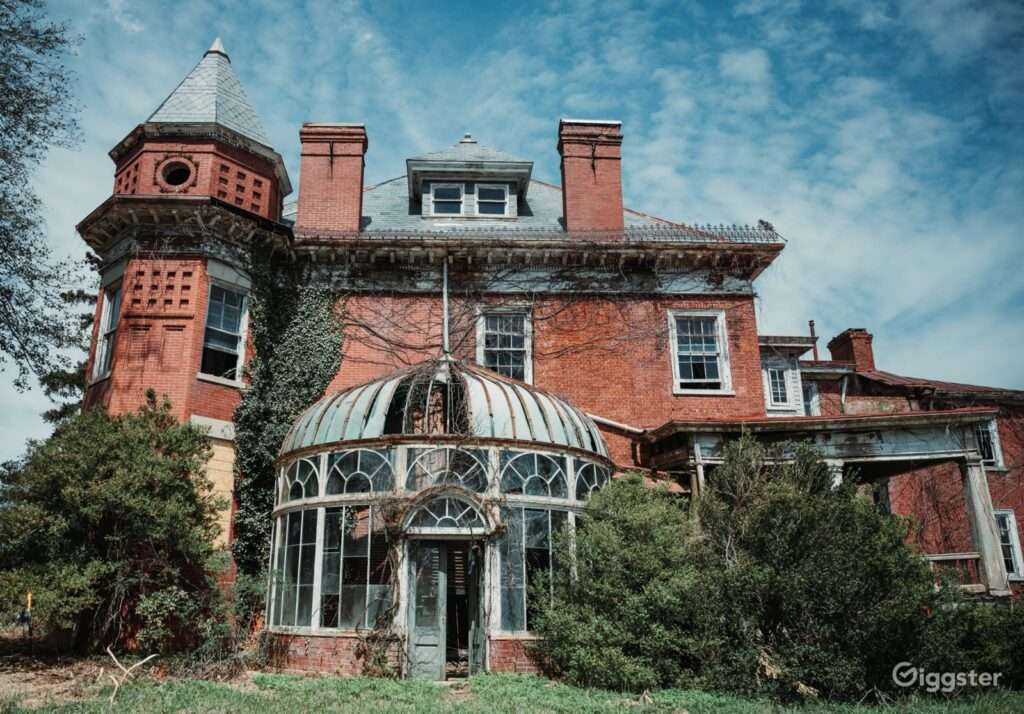There is nothing better than embarking on a new adventure with Flavia de Luce. I’m not the chemist she is, but I see a lot of myself in her — curious, headstrong, and unusual. I too enjoy riding my bike to an old cemetery while solving a crime (mine is named Josephine Biker to her Gladys). I just need a manor house in the English countryside. Until such a day comes, luckily we can drop in and visit Flavia.
Mrs. Mullet, the de Luce family cook, has started going to Major Greyleigh’s early in the morning to make his breakfast before starting her day at Buckshaw. But on this morning, Major Greyleigh is found dead — right after he ate mushrooms gathered cooked up by Mrs. Mullet. Ever the competent culinary provider, there is no way Mrs. Mullet could have mistakenly chosen a poisonous fungi and the authorities suspect it may have been done on purpose. However Buckshaw does not agree and Flavia is keen to put her chemistry lab in the attic to good use and clear the name of the one of the few stable adults in her life.

In this eleventh novel of the series, Flavia has a new (unwanted) assistant in her younger cousin Undine. She is a champion belcher and loves to sneak around and spy on Flavia. It takes a bit of time for her to learn to tolerate Undine — after all, Flavia is used to being the insufferable one.
If there is one element of criminal poisoning that is frequently overlooked, it is the examination of backsplash on the underside of furniture. Taylor’s Medical Jurisprudence doesn’t mention it; nor, for that matter does Agatha Christie. It’s always darker under a table than it is topside, and the one was no exception. I hadn’t thought to bring a torch, but that’s not an obstacle. A kitchen, after all, is a toolroom, whose drawers and cupboards are – or ought to be – full of implements. ~Loc. 466
While the residents of Buckshaw work to exonerate Mrs. Mullet, Flavia is also pulled into a private mystery. It is somehow connected to Leathcote, an Allied base that was (supposedly) (mostly) decommissioned. Clues keep leading her there but it’s not clear what sort of answers it will hold for her.
This side quest, related to the larger arc of the series story, is the weakest thread of this novel. While it provides some answers for Flavia, it feels very separated from the flow of this mystery, and thus a bit forced. However, solving a crime with Flavia is such a joy it can be overlooked. Her observations are insightful and funny, and her descriptions are delicate and exquisite.
I shinnied up a convenient pear tree and let myself in at a surprisingly beautiful Georgian casement window, which stood out, even from the ground, like a Cinderella of windows among a wall of ugly stepsisters, ites panes, tinted with age, glowing as if with pride in their own beauty. … Most notable about the place was its smell of sadness: an inextinguishable whiff of distant and not-so-happy time. It’s strange, isn’t it, how sadness is first detected by the nose? ~Pg. 440

My thanks to Penguin Random House (Bantam) for the review copy. Read via NetGalley.
Publisher: Bantam (September 3, 2024)
Language: English
Hardcover: 320 pages
ISBN-10: 0593724518

